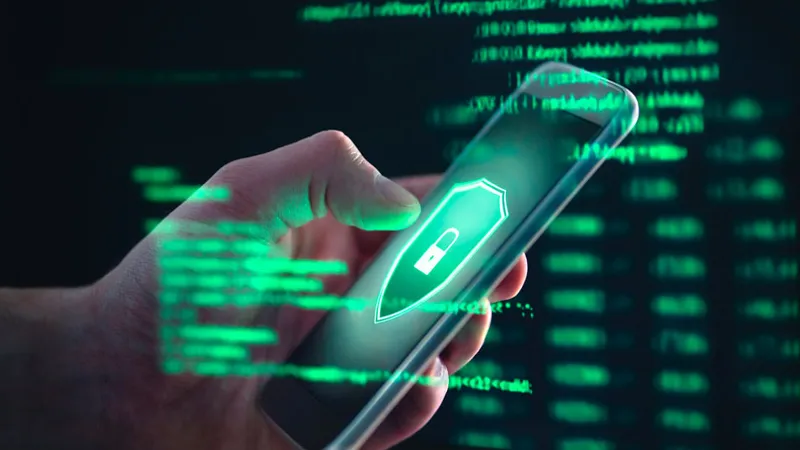In an age where digital communication is integral to our daily lives, the emergence of sophisticated scams poses a significant threat to mobile users. Recent reports from the FBI highlight a troubling new scam targeting both iOS and Android users, where victims receive alarming text messages claiming they owe money for unpaid road tolls. This deceptive tactic not only aims to exploit your finances but also puts your personal information at risk. As these scams continue to spread, it’s crucial to remain vigilant. Let’s delve into how this scam operates and learn essential tips to protect yourself from falling victim.
| Category | Details |
|---|---|
| Scam Type | Text message scam regarding unpaid road tolls |
| Origin | Reported by the FBI and FTC |
| How It Works | Victims receive false texts claiming unpaid tolls and are directed to a payment link. |
| Information Requested | Bank account or credit card information, and potentially driver’s license number. |
| Consequences | Financial theft and identity theft. |
| Advice from FBI | Delete the message immediately and do not engage. |
| Advice from FTC | Do not click links from unknown numbers; report junk texts. |
| Emotional Manipulation | Scammers create urgency, threatening license suspension or immediate payment. |
| Reporting Methods | Use ‘Report junk’ feature or forward texts to 7726 (SPAM). |
| Reminder | Always verify before paying; don’t fall for pressure tactics. |
Understanding the Toll Scam
The toll scam is a sneaky trick that affects many people using smartphones. Scammers send a text message pretending to be from a toll agency, claiming that you owe money for unpaid tolls. This can confuse anyone who might not remember their recent travels. It’s important to realize that these messages are designed to make you panic and act quickly, which is exactly what the scammers want.
When you receive a message like this, it’s essential to stay calm and not respond immediately. The scammer’s goal is to get you to click a link that could lead to trouble. By understanding how this scam works, you can protect yourself and your personal information from being stolen. Remember, it’s always better to double-check before taking any action!
Frequently Asked Questions
What is the new scam reported by the FBI?
The FBI warns of a scam where victims receive texts claiming they owe unpaid road tolls, urging immediate payment. It’s a phishing attempt to steal personal and financial information.
How do the scammers operate?
Scammers send fake texts from toll agencies, demanding payment and directing victims to a website to enter sensitive information like bank details and driver’s license numbers.
What should I do if I receive a suspicious text?
If you get a suspicious text, delete it immediately. Don’t click any links or provide personal information, as it may lead to identity theft.
How can I report these scam texts?
You can report unwanted texts by using the ‘Report junk’ feature on your phone or forwarding them to 7726 (SPAM). Always delete the message afterward.
What are the signs of this toll scam?
Look for texts that pressure you to pay tolls urgently, especially from unknown numbers. Legitimate agencies won’t ask for personal information via text.
Can these scammers access my information?
Yes, if you click their links, scammers can steal your banking and personal details, leading to potential identity theft and financial loss.
Why do scammers create a sense of urgency?
Scammers use urgency to pressure you into acting quickly without thinking, making you more likely to fall for their tricks and provide sensitive information.
Summary
A new scam is spreading across the U.S. that targets iOS and Android users, according to the FBI. Victims receive fake text messages claiming they owe money for unpaid road tolls, urging immediate payment. The Federal Trade Commission (FTC) warns that these messages lead to websites asking for personal and financial information, which can result in identity theft. If you receive such a message, delete it right away and avoid clicking links from unknown numbers. Report these messages as junk, and remember, legitimate alerts come from government agencies, not toll authorities.
